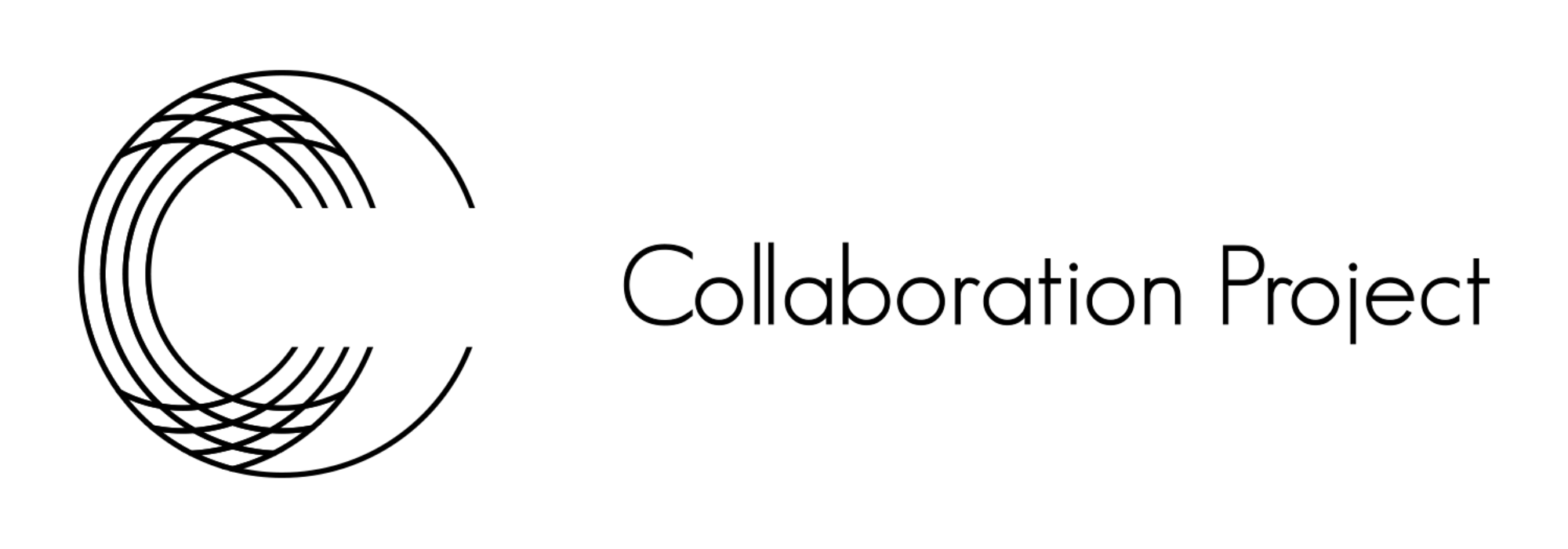No check list for loving neighbors
By Jon Anderson
Collaboration Project Executive Director
In the Gospel according to Luke, an expert of the law inquires of Jesus what must be done to inherit eternal life. As Jesus was apt to do, he answers a question with a question and the expert’s response is “Love the Lord your God with all your heart and with all your soul and with all your strength and with all your mind;” and, “Love your neighbor as yourself.”
Jesus affirms the answer, but then the expert comes back with a deeply human question: “What are the boundaries of this love of neighbor? Who is in and who is out?”
I can appreciate this question. I am by nature a list maker who loves to start my day with a to-do list, especially if it includes some tasks I have already accomplished, just so I can experience the joy of checking off the boxes. It makes me feel accomplished, like I’ve made progress toward a goal. A boundary question helps me know what exact items I need to do to accomplish the goal. If I knew exactly who counted as a neighbor, I could make a list and do my best to love each and every one of them.
But Jesus’ response suggests that a boundary question is the wrong question. As he so often does throughout the gospels, he flips the question and leads us to a much more profound truth.
His answer is what we now know as the Good Samaritan story. It is a simple story of a beaten man who was passed over by “holy” Jewish men, those whom you would assume would exemplify good neighborliness, but who do not. Instead a Samaritan, a group of people generally despised by Jews of that time, acts with sacrificial compassion.
When the story ends Jesus asks who the neighbor was and the expert replies, without saying the word Samaritan, that it was the man who gave mercy. And Jesus’s final haunting words are “Go and do likewise.”
I say haunting because we live in a cultural moment deeply in need of reimagining and obediently pursuing the art of loving our neighbor. Jesus invites us out of a boundary question and into an identity question.
Am I a person who extends sacrificial grace, kindness, and generosity to those around me, especially those who are hurting?
Do I allow geographic borders, skin color, language, gender, sexuality, economics, or politics to create boundaries that allow me to conclude ‘those people are not my neighbor?’
The truth is all too often I do, most of us do. But Jesus invites us to a better way.
The Spirit working in us invites us to see the full humanity of every person we encounter, to love our neighbor not as a to-do item to check off, but because it is our identity in Christ.
Sharing these stories is possible thanks to our amazing donors. We invite you to partner with Collaboration Project to help us tell stories that highlight how God is working in and through the local church.

